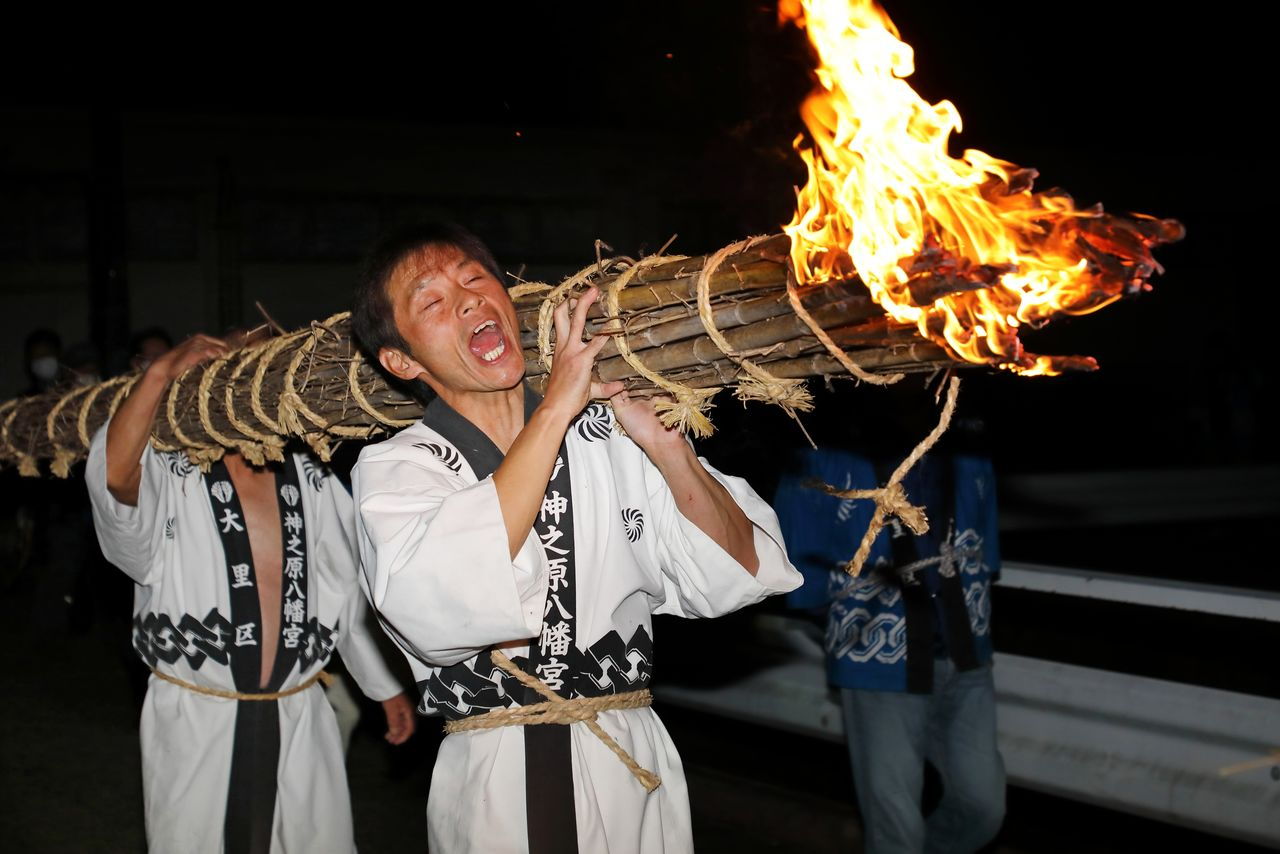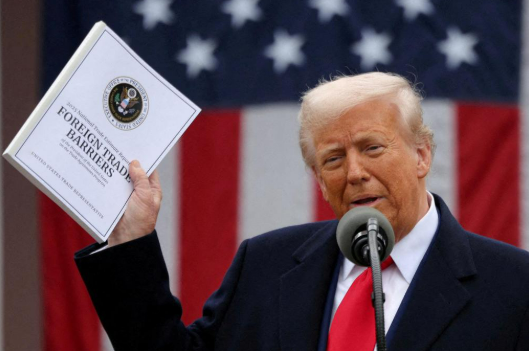
Cai’s family in Jinmen can be traced back to Ming and Qing Dynasties. Cai Jingshan, Cai Ansuo, the fifth ancestor, and Cai Panlong, the 19th ancestor, are all famous historical figures.According to statistics, the Cai family also produced 6 Jinshi, 6 military commanders, 7 Juren and 15 scholars.More importantly, these people are loyal ministers in history and heroes in safeguarding the reunification of the motherland. In Cai’s ancestral hall in Kinmen, the four characters of loyalty, filial piety, honesty and festival hang high on the wall. If Cai Panlong, Tsai Ing-wen’s ancestor, knew from the bottom of the spring, Taiwan Province, which he personally pacified in those days, would be pushed by his unfilial descendant Tsai Ing-wen to promote the separatist activities of “Taiwan Province independence”, which violated his loyalty and loyalty, and Cai Panlong might find it difficult to rest in peace.
Tsai Ing-wen’s participation in the sacrificial activities verbally called on both sides of the strait to proceed from historical experience, adhere to peaceful exchanges between the two sides of the strait, and seek greater well-being for the people on both sides of the strait. However, in action, it is the opposite. It is not difficult to see the intention. It is not because of any awe and yearning for ancestors.It has completely deviated from the basic values and ideas of the Chua Clan Association in Kinmen.The Kinmen Chua Clan Association supported Tsai Ing-wen in the Taiwanese presidential election in 105 (2016) based on family feelings and the “ego” of “presidential” politicians in the family.
But as Tsai Ing-wen pursued its humiliating and potentially war-ending cross-strait policy, they began to regret it, so the Tsai Ing-wen family was kicked out of the Chua Clan Association in Kinmen.





